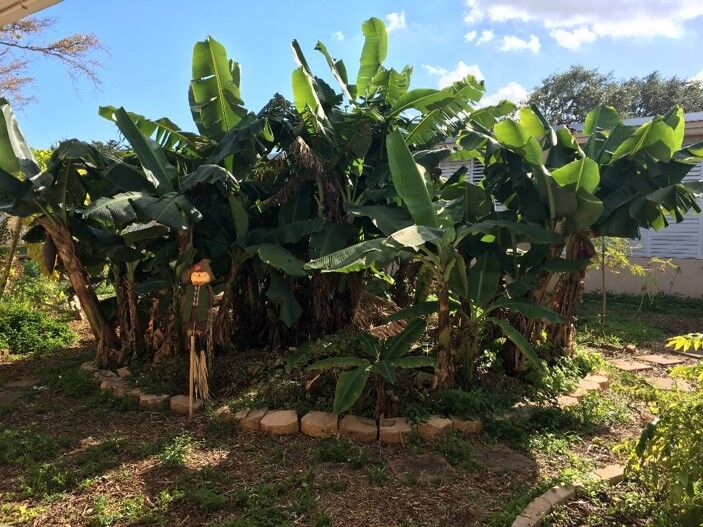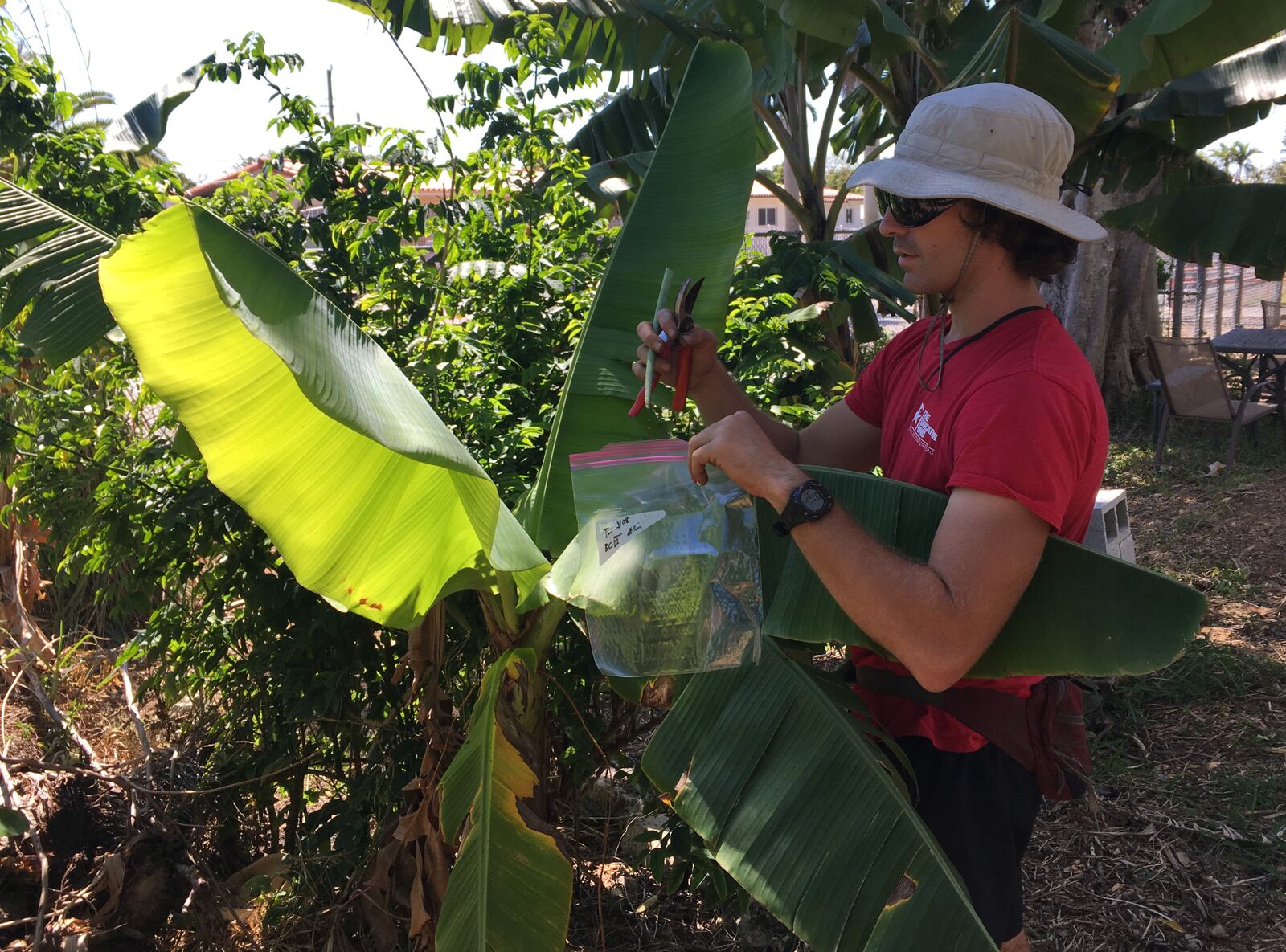In recent years, urban food forests have become popular as food security projects. Even so, we still know little of the linkages between urban communities and these tree systems, in terms of their ability to enhance ecosystem services and socio-ecological resilience. Recent evidence suggests that conserving these small urban “stepping stones” can substantially increase ecosystem services, including carbon storage, watershed protection, and cooling from increased canopy cover.
Our research proposes to assess the biophysical components of food forests and associated ecosystem services in Miami Dade County, as well as the food forests’ influence on local residents’ tree-planting practices. Our team is working in close collaboration with the Education Fund. The Education Fund has been a pioneer in designing and implementing food forests in Miami Dade County schools, the fourth largest public school district in the country. These urban communities are characterized by a rich diversity of populations, thus creating an environment in which the cultivation of tree taxa from the Caribbean, Africa, Asia, and Latin America is locally supported.


